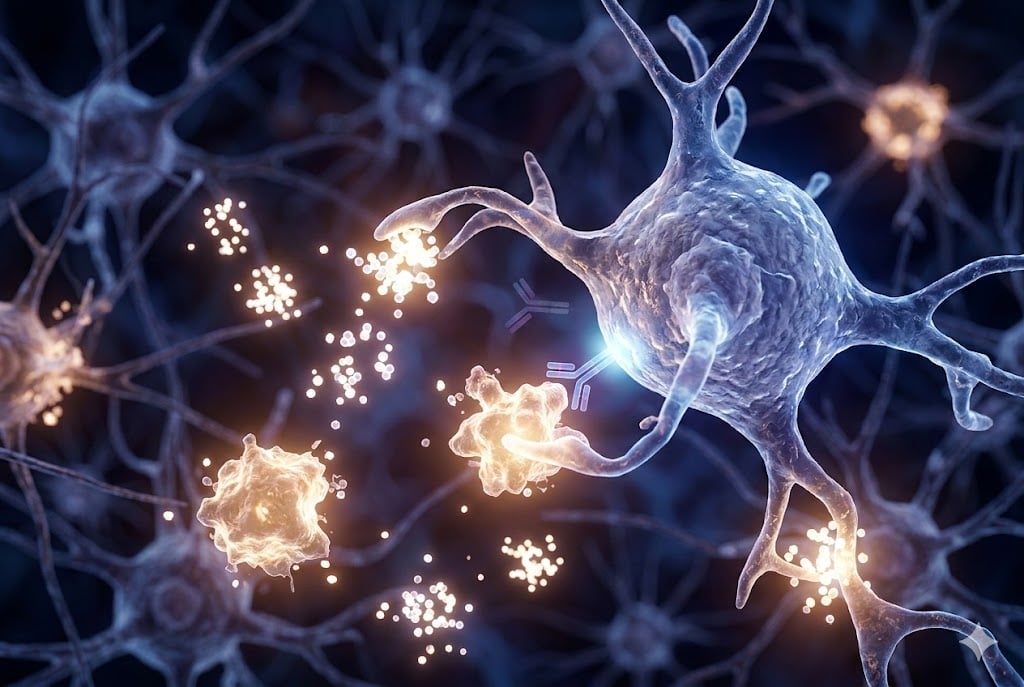
Sometimes we need someone…
(Thought of the Week) “Sometimes we need someone to simply be there. Not to fix anything or do anything in particular, but just to let us feel we are supported and cared about.”

(Thought of the Week) “Sometimes we need someone to simply be there. Not to fix anything or do anything in particular, but just to let us feel we are supported and cared about.”

Care partners don’t get paid. It’s not because they’re worthless.
It’s because they’re priceless.
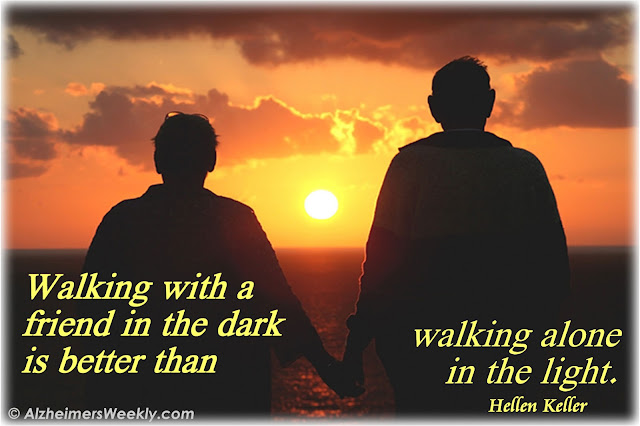
Walking with a friend in the dark is better than
Walking alone in the light.

The heart that gives, gathers.

The best part of a good man’s life, His little, nameless, unremembered acts of kindness and love.

Do what you can, with what you have, where you are. (T-shirt)
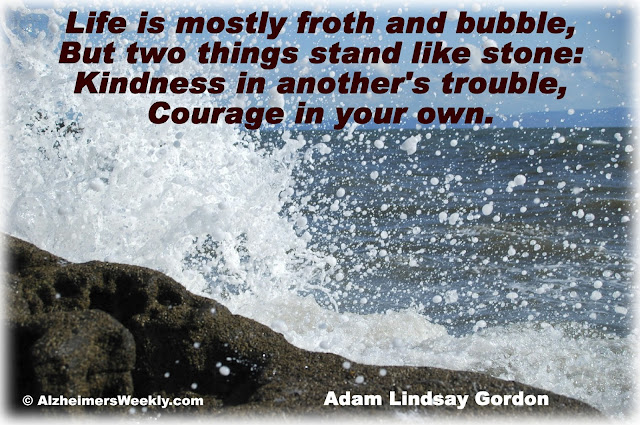
Life is mostly froth and bubble, but 2 things stand like stone: Kindness in another’s trouble, courage in your own. (Magnets, posters, etc: – click

A true friend feels your fears But fortifies your faith.

Things of the spirit differ from things material in that, The more you give, the more you have. (T-Shirts, pillows, bags – click here)

Remember, there is no such thing as a small act of kindness. Every act creates a ripple with no logical end. (CafePress)

Many diagnosed patients won’t qualify — here are the
7 medical criteria.

People worry about becoming forgetful. Is it the first sign of Alzheimer’s or just the passing years? After all, forgetfulness is a normal part of aging. Check out these quick ways to tell the difference.
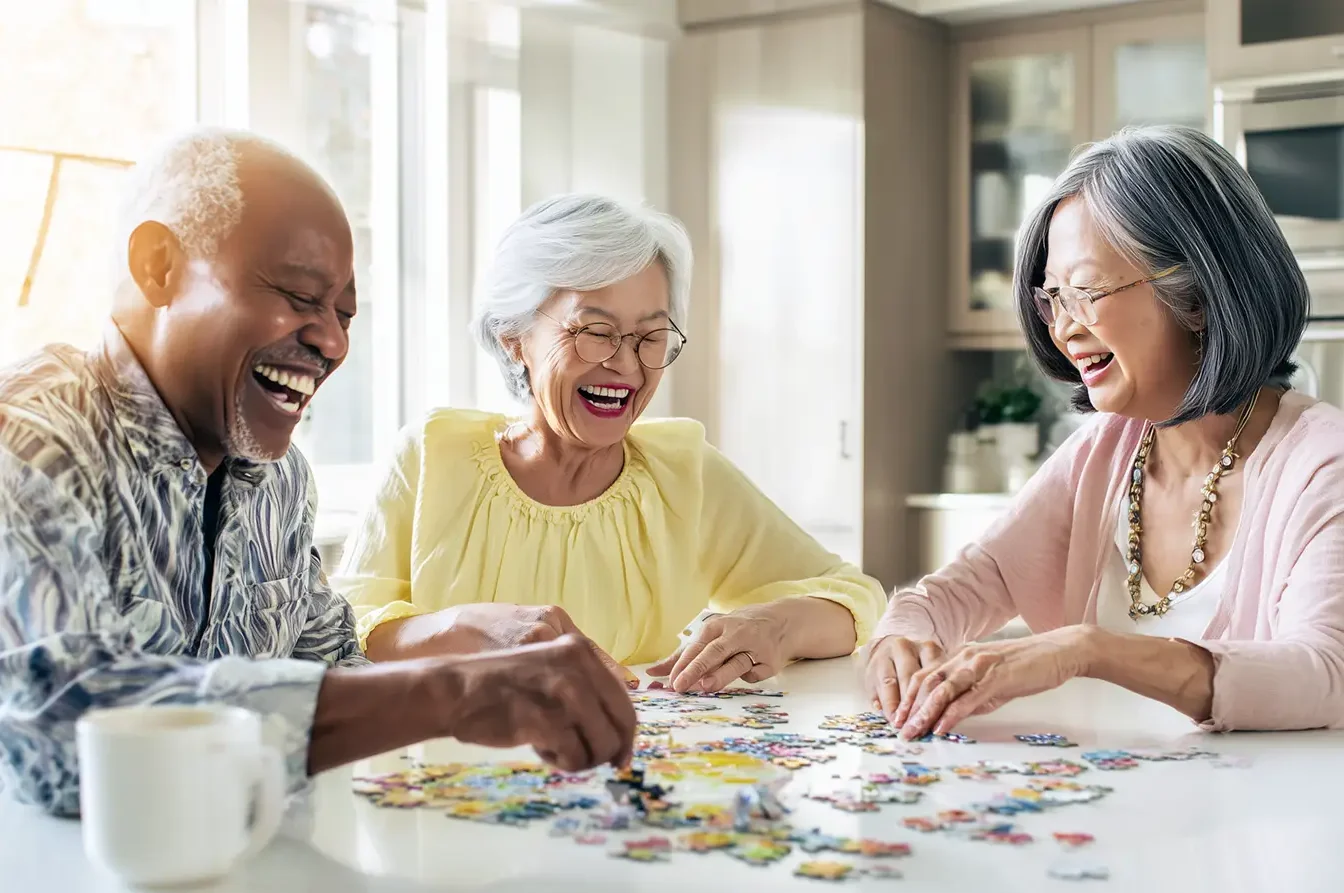
Creating peace, calm and a sense of control over their environment is the best gift to give a person living with Alzheimer’s. Learn all about In-Home Routines.

When a hurricane hits Florida — or anywhere that has a very large population of people with dementia, there are special preparations that should be made by those living with dementia. Check these dementia-in-a-storm readiness lists.
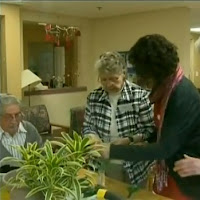
In gardening, people with Alzheimer’s grow fresh plants along with better thinking. It’s a pleasant way to make things easier.

The co-founder of a caregivers’ organization introduces technology he has found helpful in caring for his grandmother with dementia.

People with dementia are enjoying yoga and dance classes at the Alzheimer’s Association. See why caregivers find the classes “EXTREMELY helpful.”
No spam, only news and updates.
